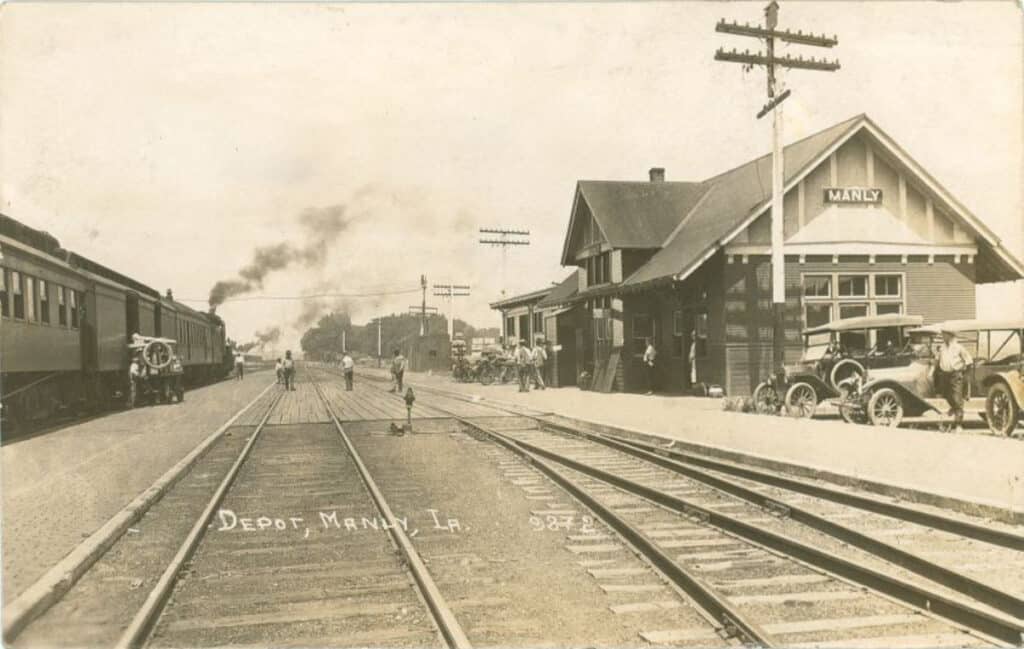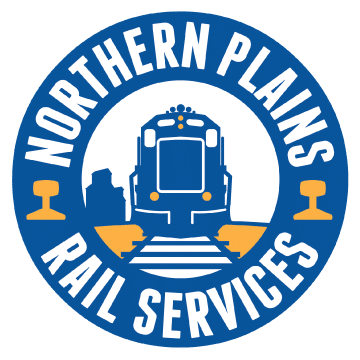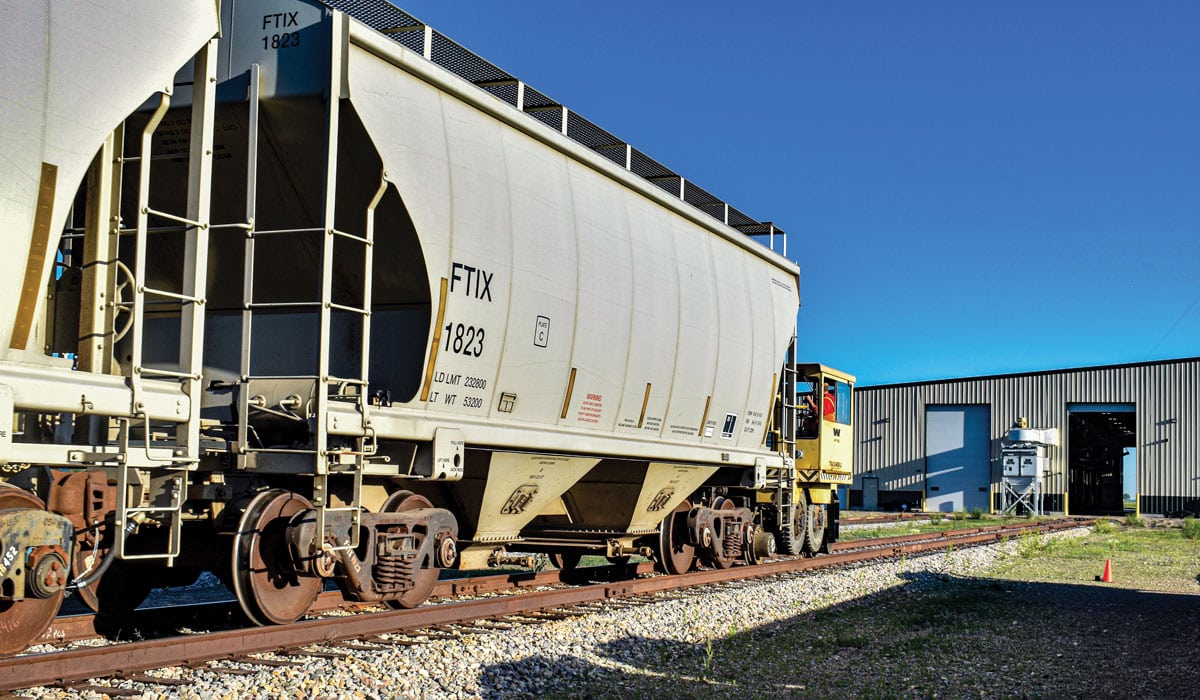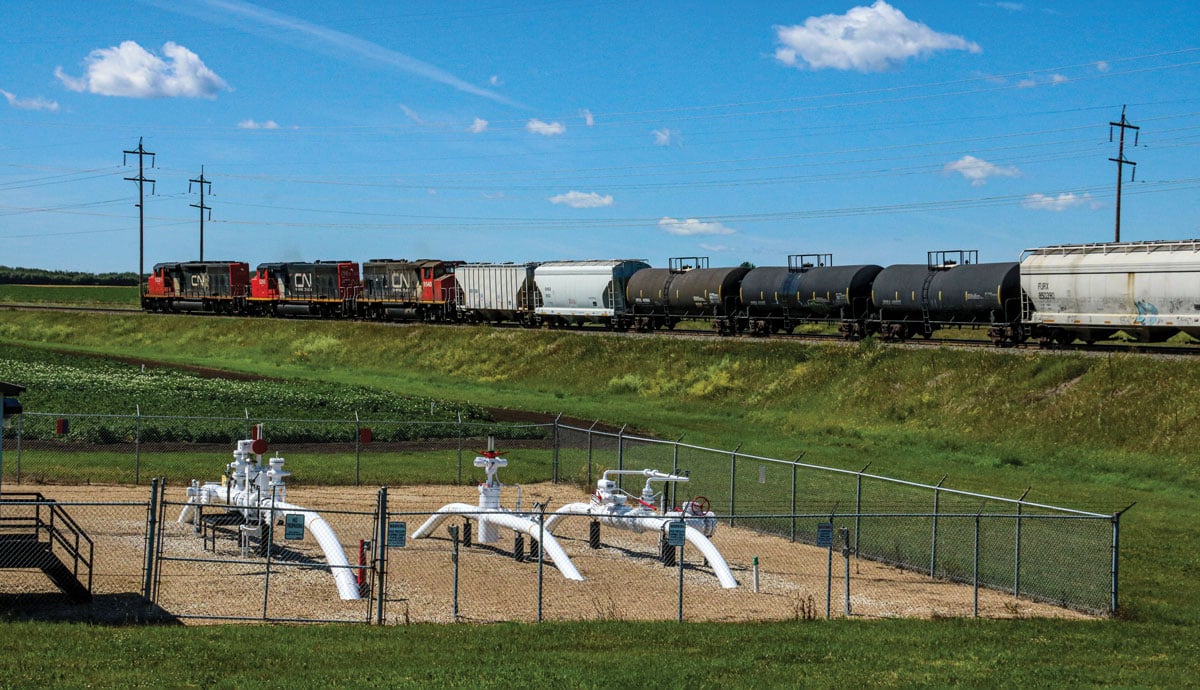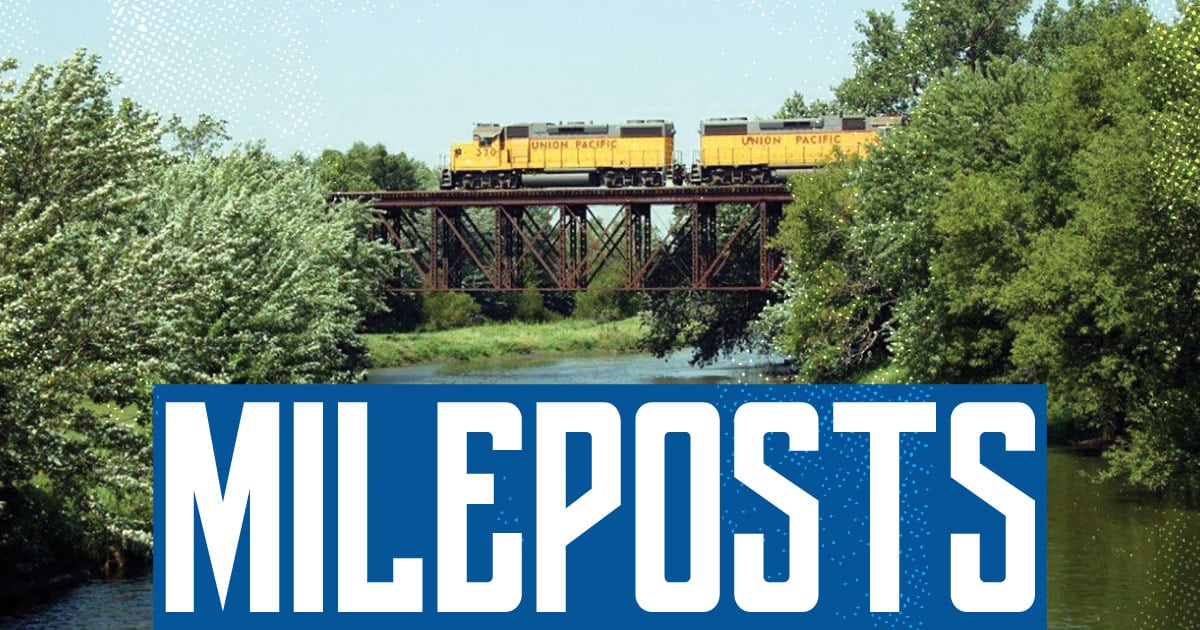
Heartland Heritage: Rail and Agriculture’s Role in Economic Growth
Growing up in rural Alberta, I was constantly reminded that I lived in the “Heart of Alberta” – the proud slogan adopted by Stettler in its earliest days. In town, we had many similarly titled businesses, like the Heartlander Motel, Heartland Realty, and the Heart Haven Home for senior citizens. The local radio station’s call letters were once “CHOA, or the Country Heart of Alberta,” and the County Fair always featured “a Taste of the Heartland.” Our short line railway, the Central Western Railway, which called Stettler home for many years, perhaps surprisingly bucked the trend with its more traditional railway name.
In the U.S. we have another heartland; those mid-western states that identify as such, including the great state of Iowa itself. With many of my hometown area’s earliest settlers coming from the Midwestern U.S., it has me wondering whether claiming Stettler as the Heart of Alberta in those early days might also have been a bit of a nod to where they hailed from.
Iowa as a state is dependent upon the agricultural and manufacturing industry for its economic success. Iowa produces millions of tons of corn and soybeans annually, and is well-known for its pork production. This has driven, and continues to drive, demand for rail freight transportation in the Hawkeye State. Some of the earliest railroads built west of the Mississippi River were located in Iowa, and the Union Pacific Railroad, today a transcontinental giant, originated at Council Bluffs. Eventually, thousands of miles of railroads would be built throughout the state between the Mississippi and Missouri River valleys. In addition to the UP, storied roads such as the Chicago, Burlington, and Quincy, Milwaukee Road, Chicago and Northwestern, Illinois Central, and Rock Island criss-crossed the state. By the mid-1950’s, it was said that there was no place in Iowa farther than 13 miles from a railway of some description.
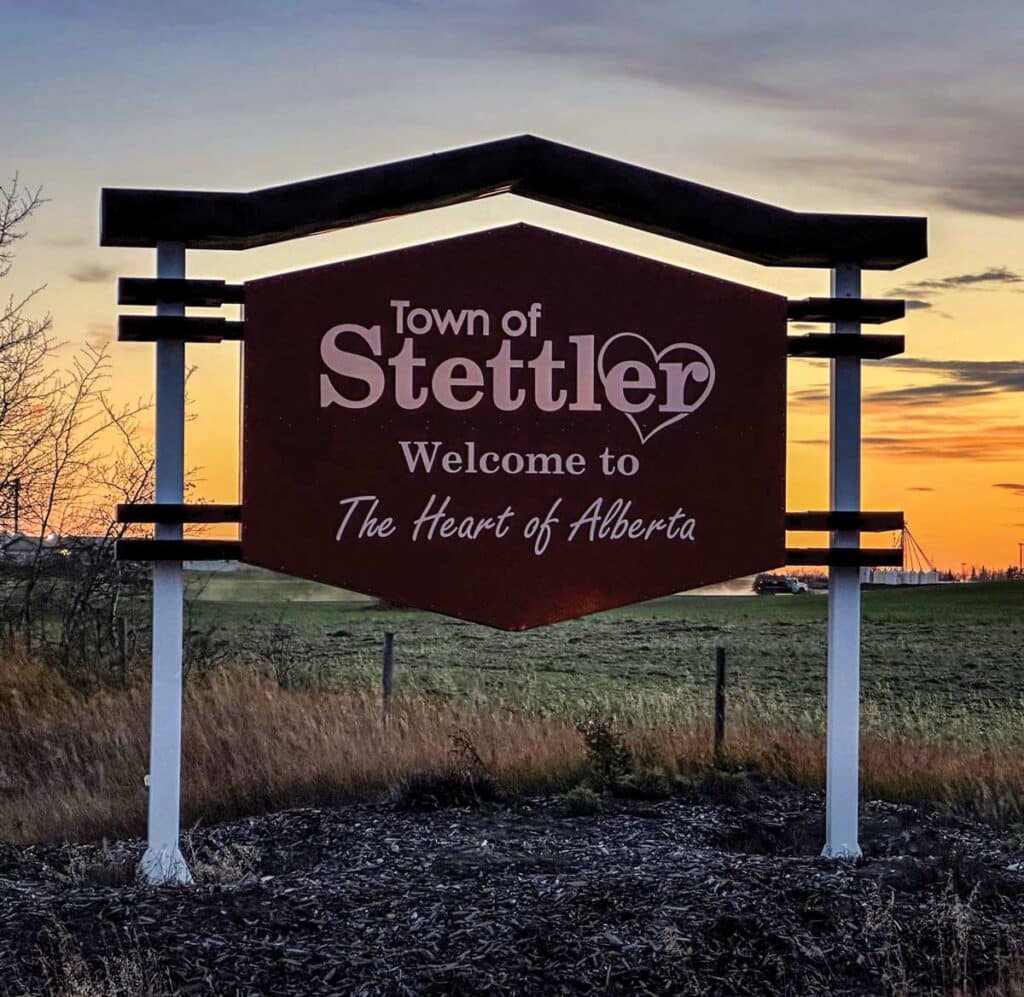
The sun sets in the west over Stettler, “the Heart of Alberta”.
Today, railroads and their associated “spin-off” activities remain critical to Iowa’s economy. While line abandonments and consolidations have changed the face of the railroad map, and as bio-fuel processing plants, fertilizer warehousing, and energy needs have become so vitally important in growing the local economy, Iowa’s railroads have stepped up to the challenge. CN, CPKC, UP, and BNSF anchor the 4,000-plus route-mile rail network in the state, serving hundreds of industries. These are augmented by a host of quality short lines, one being the well-known regional Iowa Interstate, operating 580 miles and connecting Chicago with markets across the southern part of the state. While Iowa’s railroads have always faced significant competition from barge and truck modes, the Iowa Interstate’s approach in remaining active in the development of transload facilities – merging truck flexibility with long-distance rail economics – has resulted in growth and new opportunities for shippers.
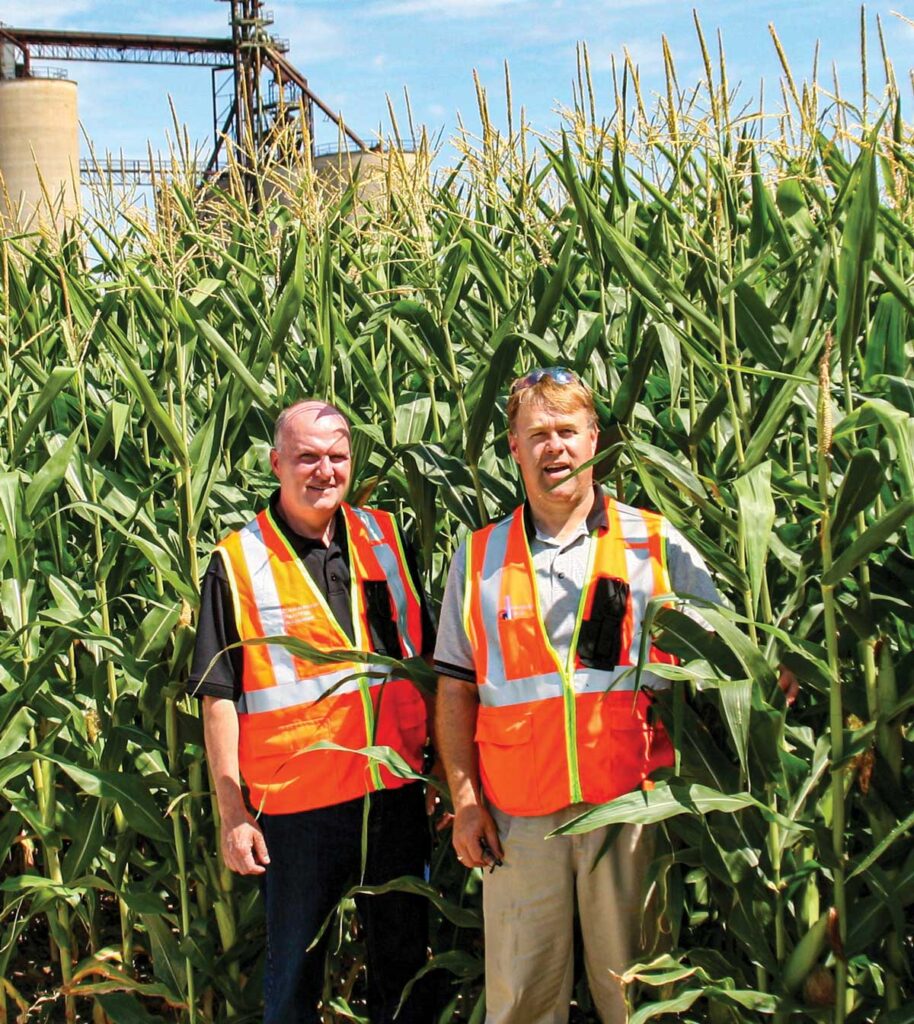
For kids from western Canada, the corn always seems so much taller in Iowa! During a field trip on the CPKC in 2010, the author (right) and Darcy Duquette pose at Britt, IA, along the CPKC Iowa “Corn Lines”.
Like rural areas across the Midwest or western Canada, diversification of the economy is good for community development and provides jobs and economic opportunity not even dreamed about by our nation-building predecessors. One has to look no further than the changes to food production today, which has moved from the rather one-dimensional export or local milling market to a modern value-added market where products can get to a host of buyers by interconnected rail services. The recently announced bio-refinery in Webster County, IA, which Lygos has announced it will construct in the agricultural industrial park near Fort Dodge and produce biodegradable polymers and other sustainable chemicals, is proof of this. Previously, Cargill opened a corn syrup refinery near the same location.
Personally, working with Northern Plains on developments in Iowa feels “a lot like home.” Our service offering to shippers of agricultural products and manufacturers has brought us valued new relationships. By supporting both industry and railroads with track construction and maintenance services, and locomotives, and through the provision of operational expertise, we are proud to be part of the railroad community in the heartland of America.
